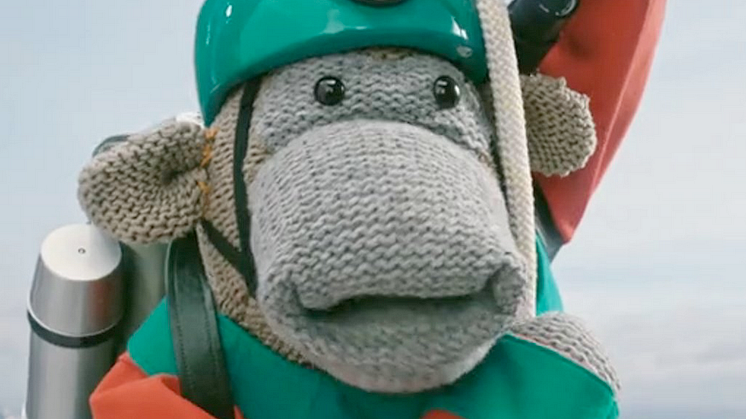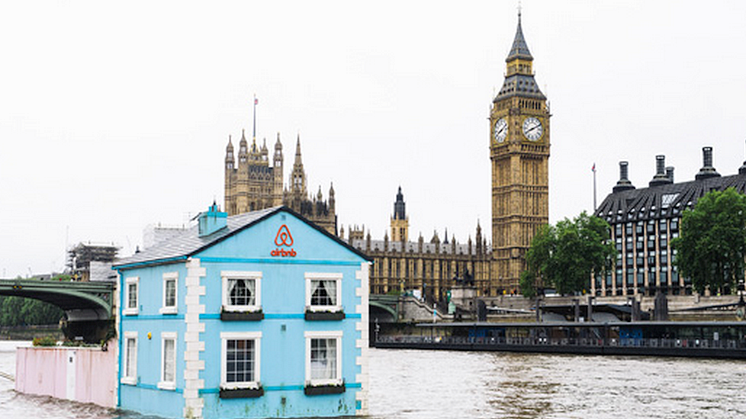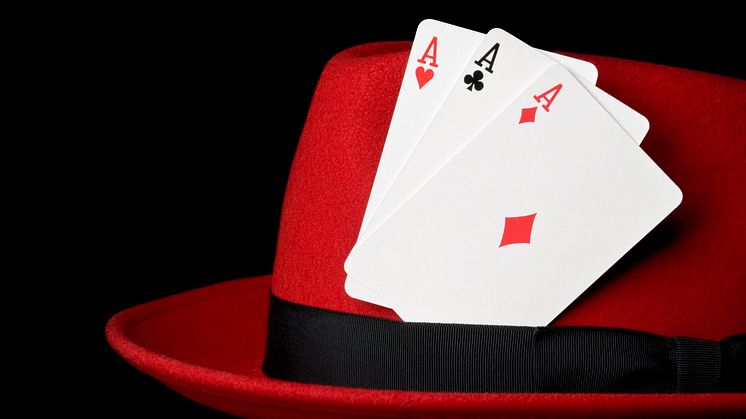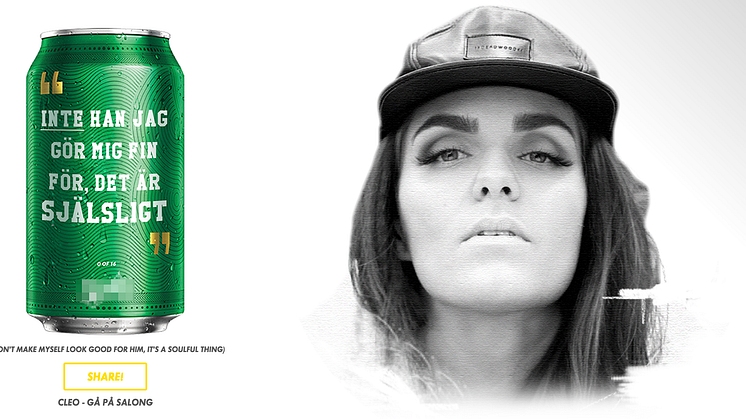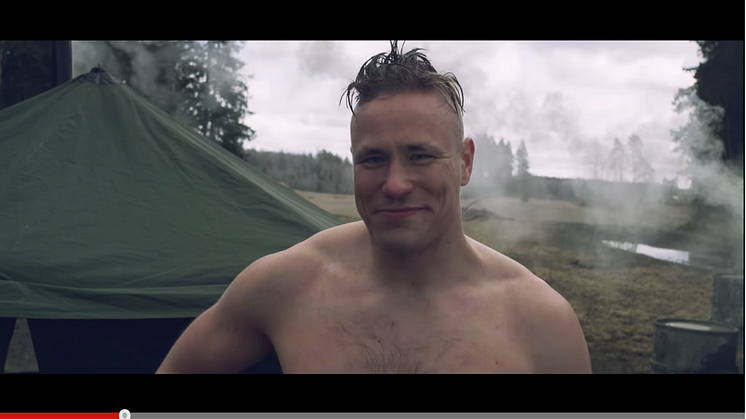
Blog post -
Top of the PR pops: January highlights
2015 is officially in full flow. Here are the PR campaigns that tickled us in January!
Meanwhile in Finland
Where should I start? Finnish army and outdoor store Varusteleka, famous for their somewhat legendary, tongue-in-cheek product marketing (if you happen to need gas masks, they have them), heard that actor Arnold Schwarzenegger was coming to Finland. So they made a video trying to get him to visit their store.
You can see the whole Make Arnold come advertisement here.
(Unfortunately Mr Schwarzenegger didn’t pay them a visit but the video went viral and had almost 600 000 views.)
Inspired by this, Finnish university theatre group, TuKY, from Turku University of Technology got an idea. They mimicked outdoor store’s viral campaign by publishing an “open video letter” asking Varusteleka to sponsor their show. They promised the outdoor store coverage and front row seats in the premiere.
(In English 1:24 onwards)
With 27000 Youtube views this student publicity stunt made its way into Finnish newspapers.
In less than 24 hours, Varusteleka replied with their own cheeky video.
“We will come”, they promised.
And why wouldn’t they? Male students are their target group anyway, and they already received some good press.
Well played, both sides!
Everybody loves Taylor Swift
Ok, this one is from last year, but I still wanted to pick it up.
American singer-songerwriter Taylor Swift, who has sold over 30 million albums, decided to treat her fans for Christmas. A handpicked selection of fans were sent a gift with a personal note, she even went to deliver one to a fan to Conneticut in person.
Check out this lovely video showing Taylor expressing the spirit of christmas - and fans going nuts.
Even though the singer's PR department is most likely behind it - there's no way she could've done all of that online stalking, gift wrapping and note writing herself - it’s a lovely gesture. No, let me correct myself: Taylor Swift has an amazing PR team!
On Youtube, the video has been viewed over 16 million times. It went seriously viral on Twitter, too:

But why? She makes people get involved. She talks. Directly. To. You. Like a friend.
No matter if you’re a singer or a brand, your fans are your brand advocates. It pays off to make them feel special.
But can you do this if you're a brand? We think you can. Why not to copy the idea and use it in your marketing...
And btw this wasn't a first time Taylor Swift did this. Last September she promoted her album 1989 by inviting fans to secret album-listening sessions at her own houses in New York, Los Angeles, Rhode Island and Nashville.
Good job, Ms Swift and rest of the crew!
#ThisGirlCan - (But no one told me I couldn't before)
Sport England’s campaign encourages inactive women to start exercising and overcoming the fear of judgement.
You cannot have missed this, it has been everywhere. On television, internet... the Express and Telegraph have written about it positively, and PRweek gave a thumbs up to the campaign.
The concept is good - activate women to exercise - but the execution has some issues.
First the positives:
It appeals and inspires.
It captures a feeling one can relate to. There's a narrative, which encourages taking pride and control and fighting toward prejudices.
It says that
this is a real deal.
It shows women in a way most glossy advertisements usually don't. Ad campaigns using empowerment and authenticity certainly is not a new thing, in the era of selfies and Photoshop's airbrush, "being natural" seems to be gaining popularity. Take a look at #LikeAGirl campaign from Always or Cancer Research UK's #nomakeupselfie, for example. In ad world, this is progress.
BUT...
“It's a celebration of active women up and down the country who are doing their thing no matter how well they do it, how they look or even how red their face gets”, Sport England's campaign site says.
Let me check, what year are we living? 1950's? If this is revolutionary, next they'll release condoms and make e-pills available to everyone. "Sweating like a pig, feeling like a fox" reveals an assumption that it wouldn't be suitable for women to do that in the first place.
I quote the Guardian:
"By claiming to represent “real” women’s bodies, what does the campaign buy into, and what does it really challenge? The camera pans across a range of exercising bodies that are not normally privileged on television screens – good. But this campaign is not only still all about women’s flesh, though it tries to sell that as somehow radical or revolutionary.
This is seemingly without consideration of how such symbolism might have the opposite effect to what was intended: normalising the slender body, accentuating the desirable and undesirable, what belongs and what doesn’t."
Bin-go.
One day my colleague mentioned the campaign. "I think it's pretty cool", she said. "It's so real."
The next day my friend (outside of PR and marketing) showed me the video.
"Look", she says, "have you seen this?!"
Who am I to judge? If this empowers someone, then wiggle away, ladies, wiggle away.


